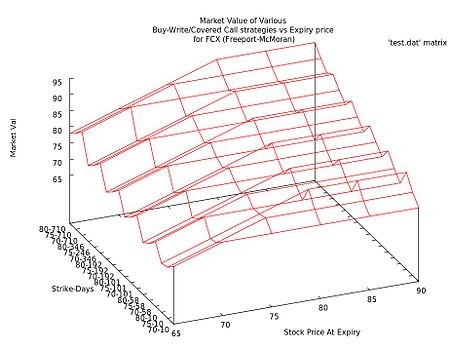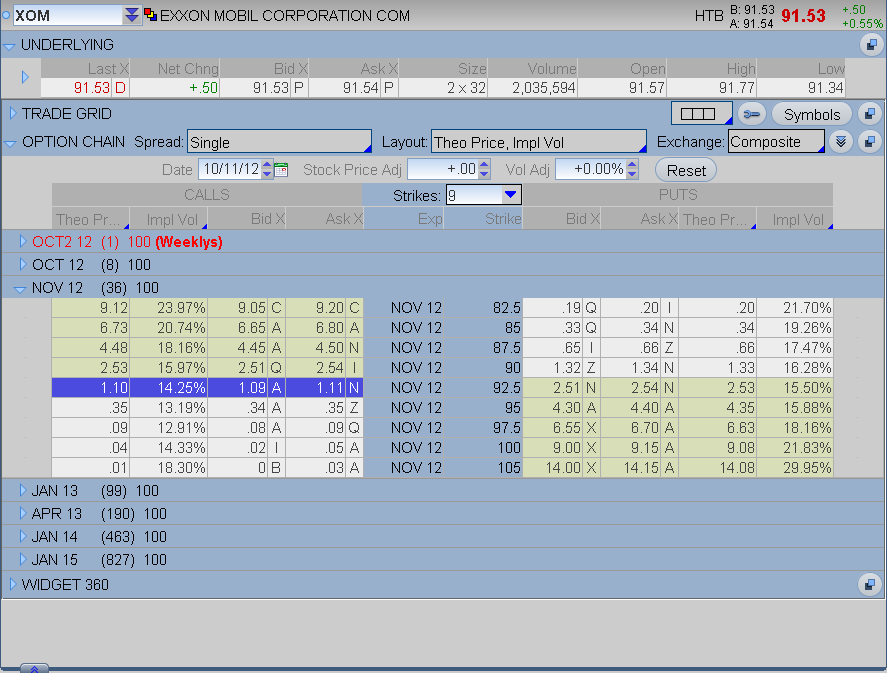Your First Options Trade Writing Covered Calls Stock Trading To Go
Post on: 3 Март, 2017 No Comment

When you are ready to use options, my suggestions are: Have a bit of patience, learn before you trade, and make an effort to understand how options work. Options are not stocks and it’s important to understand the differences between stocks and options .
My mantra is: If you are an investor who has experience buying and selling stocks, then it should be easy for you to make the transition to writing covered calls. Why? Because this option strategy begins with the purchase of stock – and you are already familiar with that process and the decisions required.
Writing covered calls is neither the best nor safest strategy available, but it’s safer than owning stocks outright and it gives you experience using options. Covered call writing (CCW) is my recommended method for making your first option trades.
3 Reasons why writing covered calls makes sense as an introduction to the world of options:
A. It’s an easy to understand strategy.
- You sell someone else the right to buy your stock at a specified price (strike price)
- You collect cash for making that sale
- The agreement has a limited lifetime
- If the other person declines to buy your stock by the deadline, the agreement expires. That means you are no longer obligated to sell your shares.

B. CCW provides limited protection against loss if the market declines. (If you are interested in having much greater protection against loss, read about the collar strategy ).
- By collecting cash, you effectively reduce your cost basis for the stock
C. CCW leads to many more profitable trades when compared with buying stock.
- If the stock declines, you lose less than the person who did not write a covered call.
- If the stock declines by less than the premium you collected, you earn a profit.
- If the stock is relatively unchanged when expiration day arrives, you have a profit while the buy and hold investor breaks even.
- If the stock moves beyond the strike price by less than the premium collected, you earn more than the buy and hold investor.
- If the stock undergoes a significant price increase, that’s the only scenario in which you earn less than the buy and hold investor
Bottom line for covered call writers: More frequent profits and reduced risk (alternative: and reduced risk of loss).
Mark Wolfinger is a 20 year CBOE options veteran and is the writer for the blog Options for Rookies Premium. He also is the author of the book, The Rookies Guide to Options .














